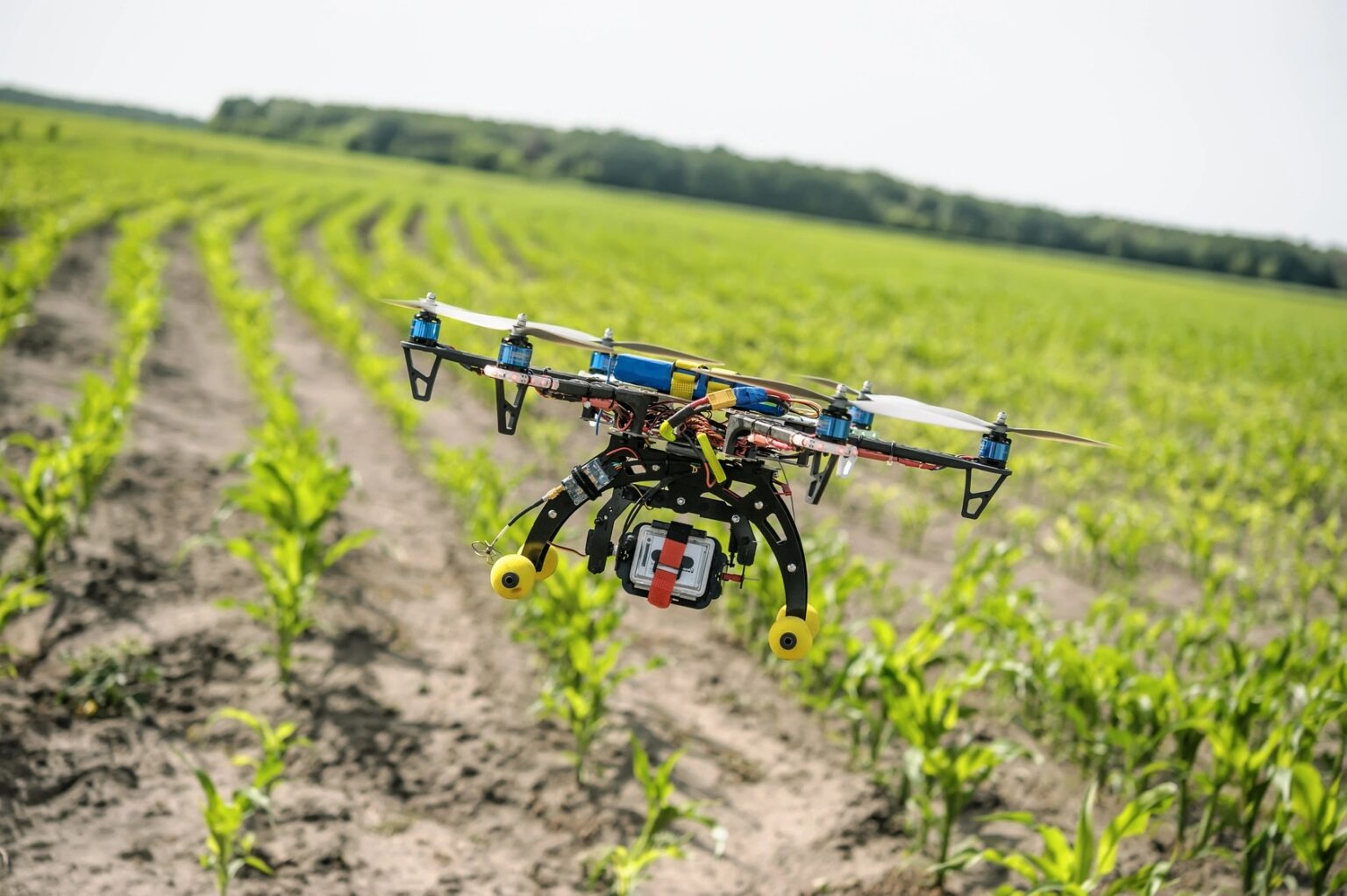The world of agriculture is constantly evolving, and technology is playing a crucial role in making the process more efficient and sustainable. Agriculture generally, is now made more efficient, profitable, and environmentally-sustainable, thanks to technology, which has brought about gradual mechanisation. Technology intervention in agriculture dates back as far as the 19th century, with tractor invention; which slowly led to farm mechanisation and kick-started the revolution of ‘Agri-tech’ globally.
Today, the narrative has gone beyond tractors, but now includes ‘automated’ tractors, hydroponics, aquaponics, drones, robotics, artificial intelligence and more, all in agriculture. For instance; robotic pesticide application is one of the most recent developments in modern farming. In times past, farmers were said to have used hoes and cutlasses for cultivation, watering cans for irrigation, then later moved to handheld sprayers for application of pesticides before the invention of tractors. And that’s when the revolution began. However, the challenges of those times were numerous that ‘suffering’ was synonymous to farming. Exhausting, time-consuming, labour-intensive, stressful, were qualifiers for farming on large scale, in those times, although farming still diligent work now. When it comes to insect-pest management, application of pesticides have been revolutionised with the advent of agricultural drones.
Agriculture drones date back at least to 1990, when Yamaha, a Japanese multinational corporation and conglomerate with a very wide range of products and services, introduced the first “unmanned helicopter for crop dusting”. Presently, it is not only used for spraying insecticides, but also used for seed spraying, data collection on ripe fruits, crop health assessment, and so on. Drones, formerly known as unmanned aerial vehicle (UAV) are used to spray pesticides to prevent the spread of plant diseases on a farm. In just about half an hour, the drone can get the pesticides to the appropriate places in uniform quantities on the farmland, without touching the soil. This is said to bring better yields due to the better control of pests and insects. Drones are also useful for the application of fertilizers, herbicides and even seedlings that need spread at times.
One of the ways drones help farmers is to help them save money by quickly identifying problems that may have been missed without the use of a drone. Imagine having thousand acres of land and there is an infestation; walking on feet or using a tractor will definitely consume more time and efforts. Hence, the significance of agricultural drones cannot be underrated. In summary, one of the benefits of drones is also seen in how it is driving precision agriculture. Precision agriculture is the science of improving efficiency, productivity, crop yield and profitability through the use of technology. This is as it has been forecasted by Statista that by the end of 2025, drone in agriculture would have worth a huge amount of $5 billion, which means more people would have embraced this technological innovation by promoting smart agriculture.



